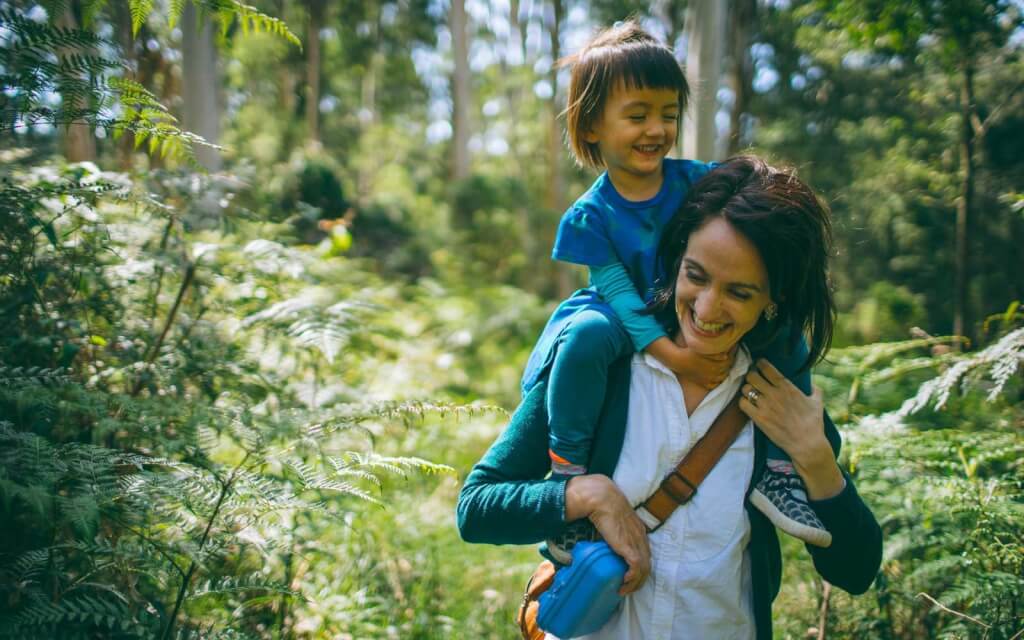►► Is it safe to fly with babies?
Ideally you should wait until your baby is two or three months old and has had all the routine vaccinations, as germs tend to circulate in aircraft. However, providing your baby was full-term with no complications and has a clean bill of health, flying is usually permitted after one or two weeks (though this may vary between airlines).

►► What if my child has asthma?
Understand your child’s symptoms and be prepared with spare inhalers, emergency steroids (if you have used them in the past) and a peak-flow meter if your child is old enough to use one. Be aware of the triggers for your child’s asthma and take any necessary preventative measures.
►► Can I take my child to high altitudes?
Children are probably no more likely to suffer altitude sickness than adults, but the difficulty is in diagnosing the condition in very young children, as the symptoms of fractiousness and sleepiness may be attributed to traveling in general. Other symptoms such as headache and nausea are not visible and a child under the age of three may have trouble communicating this.
As with adults it is safest to ascend slowly and have a plan for how to go down quickly if necessary (a rapid descent of 500 m is the best cure for mountain sickness). It would be inadvisable to plan a first trek above 3000 m with your child. Flying, driving or going by rail into areas of high altitude (such as in La Paz, Mexico City and Colorado) may cause altitude problems for adults and children alike. Avoid taking your child to high altitude if they are suffering from a cough or a cold as they will be more susceptible to high-altitude pulmonary oedema.
►► What If my child is travel sick?
Children between the ages of three and 12 are more susceptible to travel sickness (and girls are more likely to suffer from it than boys). Try to sit in the middle of buses or trains (where movement is less) and, if possible, get out on the open deck of a ship and focus your child on the horizon. There are various medicines available (ask a pharmacist or your GP for one that is appropriate to your child’s age), wrist bands (that press on acupuncture points) or natural remedies, such as ginger or peppermint (see below).
►► Can I travel when I’m pregnant?
The safest time to travel when pregnant is during the second trimester, between three and six months. It is strongly advised not to travel to malarious areas or places where stomach upsets are likely. Some antimalarial prophylactics are not safe to take during pregnancy. Airlines have different policies on when it is safe to travel – generally you may not fly after the 36th week of pregnancy (or earlier if carrying twins or more). Pregnant women are more susceptible to blood clots, so wearing flight socks on long-haul flights is advisable.






